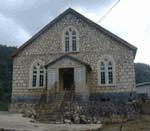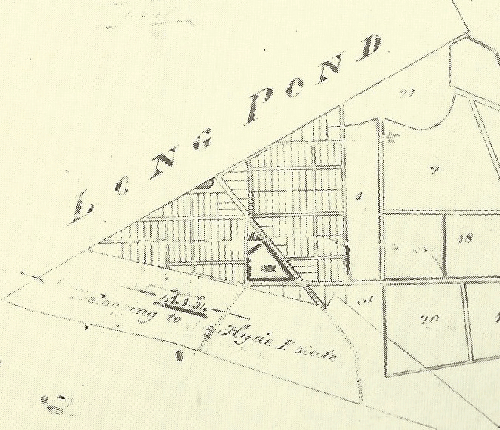STORY:
Free villages were townships established in Jamaica in the wake of full freedom from slavery and apprenticeship in 1838.
Two main factors accounted for their emergence- the harsh treatment by the planters of the ex-slaves, for example, low wages and high rent which sometimes led to eviction from plantation dwellings; and the desire among the freed people for personal liberty and land of their own.
Prior to emancipation, the slaves lived on the plantation to which they belonged, usually in little villages or ‘slave yards’. They were allowed to cultivate the lands around their huts and, most importantly, they buried their dead nearby. But since the planters opposed emancipation and now had to pay wages, they made life difficult, believing (wrongly) that this would force the workers to return to the estates.
Both haphazard and planned free villages were built. In the first case, individual freedmen bought random sections of waste land subdivided for the purpose by planters or owners of abandoned properties who needed quick capital. In the second case, planned villages were established under the leadership of the church. The Baptist Church, under the leadership of James Phillipo and William Knibb, played a major role in establishing post-emancipation settlements through the purchase and subdivision of properties, as were missionaries from the Moravian, Presbyterian and Methodist denominations who also bought land which they sold off in small lots to their congregation.
MARKET APPEAL:
Free Villages are part of our local heritage and their story, with the modern housing schemes, helps explain the current village geography around Cockpit Country. Of interest to local visitors and schools.
RESOURCES:
Deeside, Sherwood, Clarks Town, Jackson Town and Alps are free villages.



